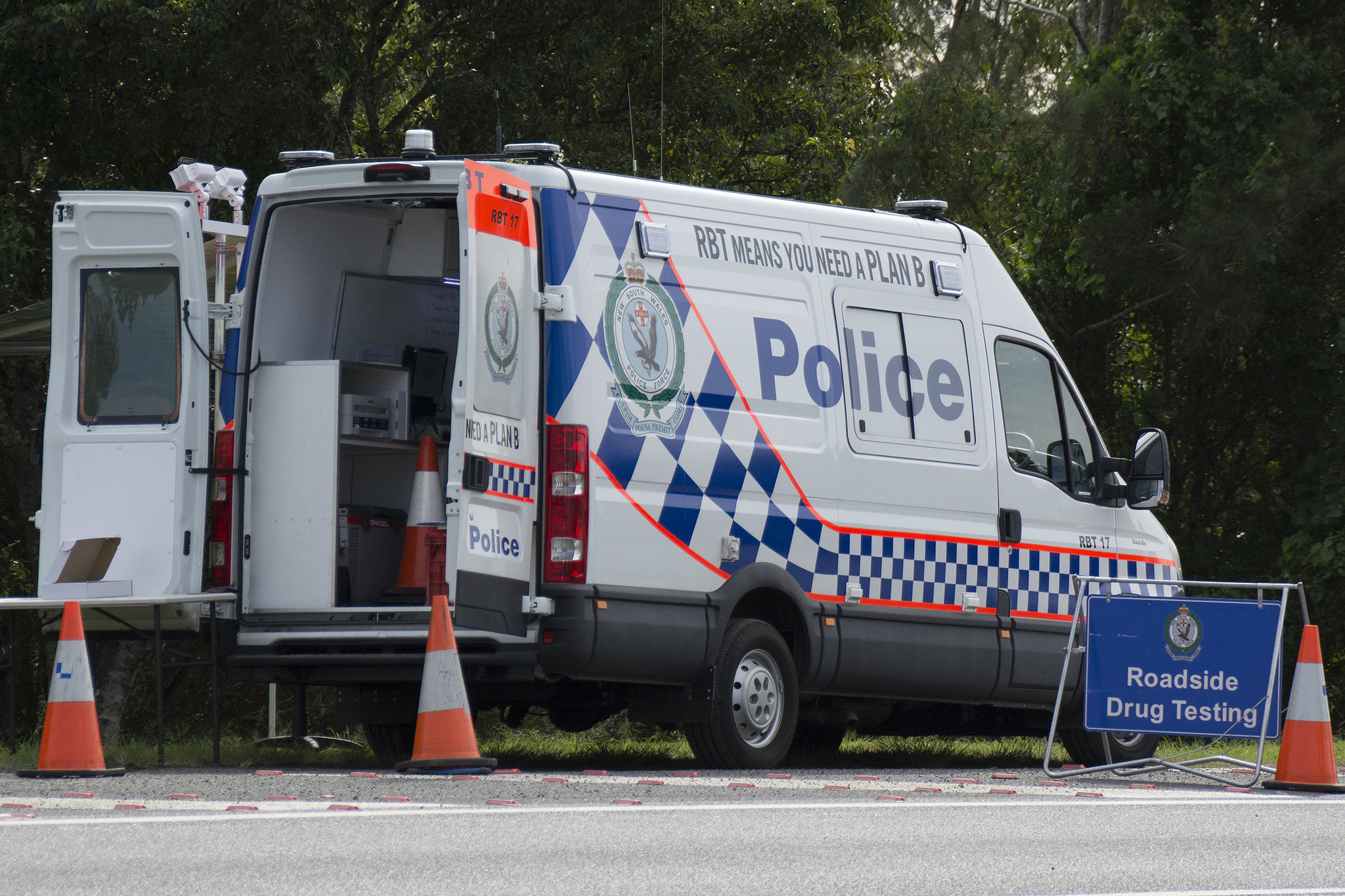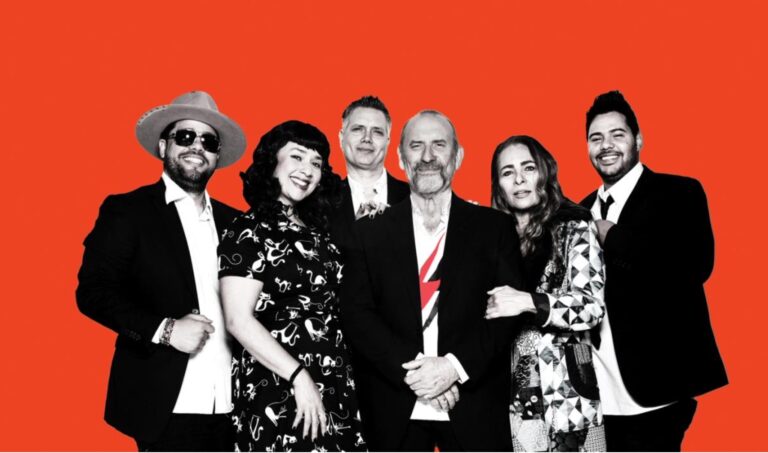
Eastern Suburbs on the nose

BY JOSEPH FENAUGHTY
Police have bowed to community pressure to include testing for cocaine in roadside drug tests. Previously mobile drug testing vans could only test for ice (methamphetamine), esctacy and cannabis. However by the end of the year the NSW police force could be rolling out a targeted trial of cocaine testing in Sydney’s Eastern Suburbs.
According to the Bureau of Crime Statistics, after City of Sydney, Woollahra and Waverly are the highest council areas for cocaine use, closely followed by Bondi. The NSW police force fell under criticism for previously targeting poorer suburbs in Sydney’s west and only testing for drugs prevalent in lower socio-economic communities.
It seems the NSW Police have taken notice of these concerns and in this instance they are targeting the much wealthier east. However, the question remains just how effective are mobile drug tests? Well, for starters, they don’t actually test for inebriation in the same way that random drug tests do. Mobile drug testing only has the capability to test whether or not the driver has the drug in their system. The problem here is that drugs like Cannabis can remain in the system of a user for over a week.
Xiaoran Shan from Sniff Off, an organisation started by The Greens to combat drug sniffer dogs, said: “There is no distinction between driving under the influence of an illicit substance versus driving with a substance in your system but not influencing you.
“MDT’s [Mobile Drug Testing] currently only test for the presence of drugs in your system, not for impairment, that is, a level of drugs in your system that would impair your driving. This is where MDTs differ from roadside testing for drink driving, where you’ll only test positive if your BAC is above a certain level. As a result, you can test positive during an MDT even if you smoked a joint a week ago.
“So, MDTs aren’t really about road safety, they’re just punishing people who have used drugs recently and this is especially detrimental in regional NSW or areas where there is limited public transport and people rely on their cars for their jobs and livelihoods.”
There also seems to be a disparity in the methods of punishment meted out to those who test positive for roadside drug tests, as one person who wished to remain anonymous explained of their experience testing positive.
“I tested positive for having ecstasy in my system. I was tested on a Tuesday and I took the ecstasy pill on the previous Friday night. I wasn’t even going far and would have walked if I thought there was any risk, but I lost my license for one year and was fined $2000. The most ridiculous part is that I have to get a breathalyser fitted to my car, which tests for alcohol, however I have never been caught drink driving so they obviously don’t know how to handle this kind of situation.”
The laws have already seen a pushback in the Courts when in February this year NSW Police lost a court case against a man who tested positive for cannabis when he was pulled over for a drug test. Lismore magistrate David Helipern ruled that Joseph Carrel was not guilty of drug driving when it was shown that he had not smoked cannabis for nine days prior to being tested.









